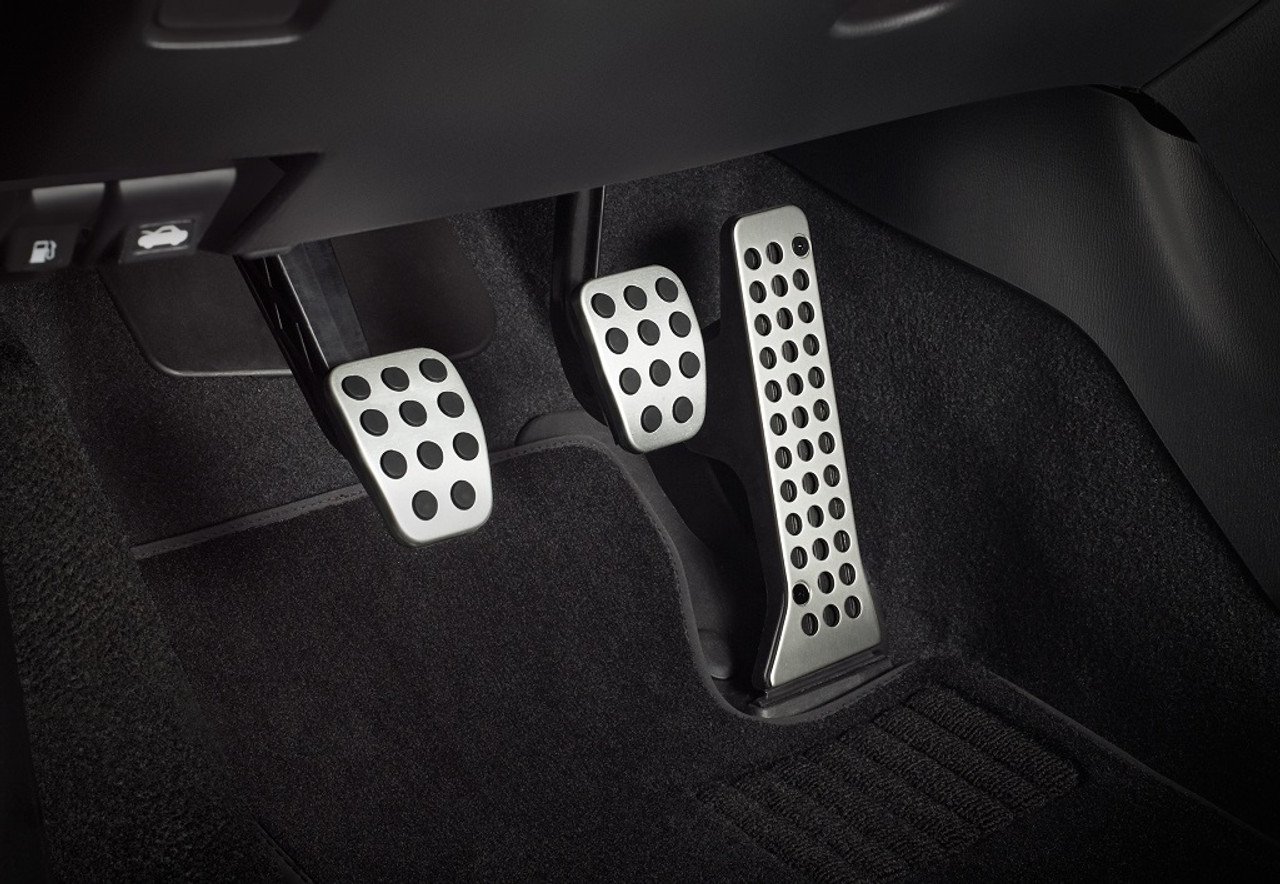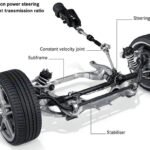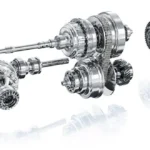Introduction
A clutch is a vital component in a manual transmission system that allows the driver to smoothly engage and disengage power from the engine to the gearbox. However, like any other mechanical part, clutches can experience issues over time. In this article, we will discuss some of the common clutch issues and their causes.
1. Slipping Clutch
A slipping clutch is a situation where the clutch fails to fully engage, resulting in a loss of power transmission to the wheels. This issue is often indicated by a revving engine without a proportional increase in vehicle speed. The primary cause of a slipping clutch is a worn-out clutch disc. Over time, the friction material on the clutch disc wears down, reducing its ability to grip the flywheel and pressure plate effectively.
2. Clutch Chatter
Clutch chatter is characterized by a jerking or shuddering sensation when the clutch is engaged or disengaged. This issue is commonly caused by a damaged or contaminated clutch disc. Oil or grease on the clutch disc can prevent it from fully engaging, resulting in the jerking motion. Additionally, a worn-out or warped flywheel can also contribute to clutch chatter.
3. Clutch Drag
Clutch drag occurs when the clutch fails to disengage fully, causing the transmission to remain partially engaged even when the clutch pedal is fully depressed. This issue can make it challenging to shift gears smoothly or bring the vehicle to a complete stop. Clutch drag can be caused by a variety of factors, including a faulty clutch release bearing, a damaged clutch fork, or incorrect clutch adjustment.
4. Clutch Noise
Unusual noises coming from the clutch can indicate underlying issues. Common clutch noises include squealing, grinding, or rattling sounds. Squealing noises often indicate a worn-out clutch release bearing, while grinding noises may suggest a damaged clutch disc or pressure plate. Rattling noises, on the other hand, can be caused by a loose clutch component or a failing clutch pilot bearing.
5. Clutch Fluid Leakage
Clutch fluid leakage is a common issue that can lead to clutch failure if not addressed promptly. A leaking clutch hydraulic system can result in a loss of hydraulic pressure, making it difficult to engage or disengage the clutch. The primary causes of clutch fluid leakage include a damaged clutch master cylinder or slave cylinder, worn-out seals, or loose fittings.
Conclusion
Understanding the common clutch issues and their causes can help vehicle owners identify and address problems early on, preventing further damage and costly repairs. If you experience any of these clutch issues, it is recommended to consult a professional mechanic who can diagnose and fix the problem effectively.



